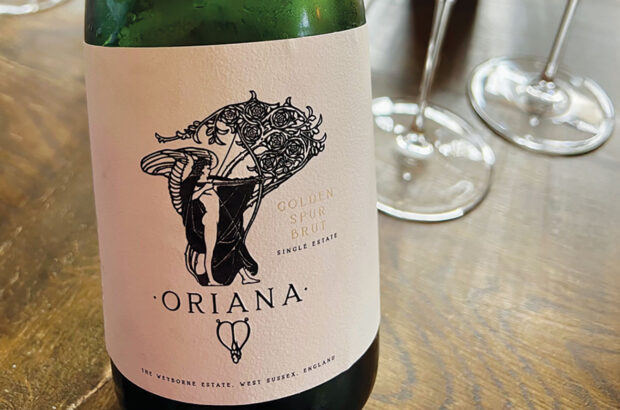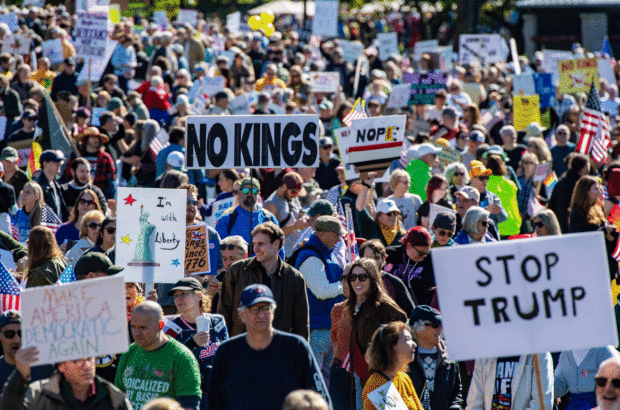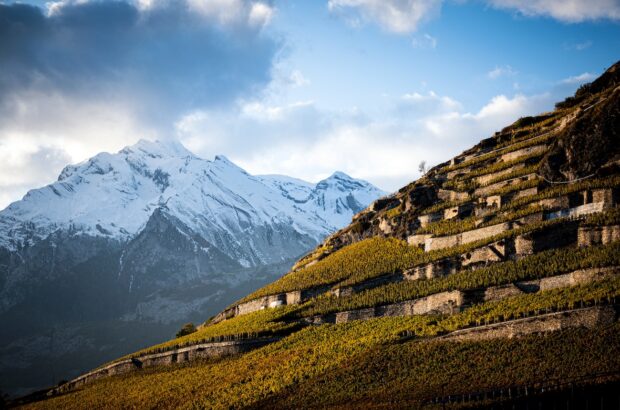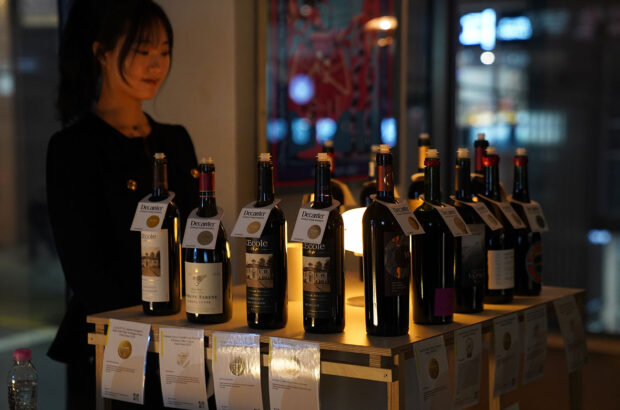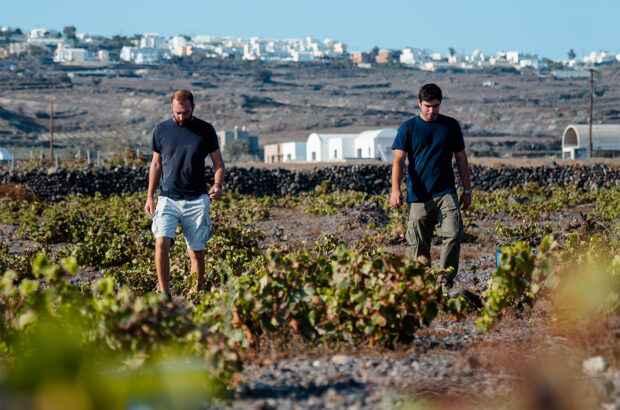Grape growers for Prosecco DOC are set to be banned from using three chemical sprays, including one that was only this week judged safe by the European Union's watchdog, the president of the appellation has said.
Stefano Zanette, president of the Prosecco DOC council, said that he wanted to voluntarily ‘eliminate’ the use of one particular herbicide and two fungicides in the Italian sparkling wine production zone.
It is part of the council’s strategy to improve Prosecco’s sustainability credentials.
‘Even if permitted by law, these elements seem to have become a source of concern for both local residents and consumers,’ said Zanette.
‘I am committed to ensuring that the ban of these active ingredients is binding, i.e. mandatory for all producers in our denomination.’
He named the three products as the Glyphosate herbicide and the Folpet and Mancozeb fungicides.
None of the three chemical sprays named are forbidden under European Union rules.
Zanette added, ‘In the very near future, Prosecco DOC plans to obtain a certification that will initially guarantee the sustainability of individual wines and will ultimately guarantee the sustainability of the entire Prosecco denomination.’
Glyphosate, one of the world’s most widely used herbicides, has caused significant debate. EU members states could not agree on its future during meetings in 2016 – following a three-year review of evidence.
This week, the European Chemical Agency said Glyphosate was safe to use. But a final decision will rest with EU member states later this year.
A World Health Organisation study said in May 2016 that the weedkiller was unlikely to pose an increased risk of cancer in humans, although earlier WHO research separately suggested the risk might be real.
The European Commission said last year that Glyphosate could continue to be used during its review period under certain conditions, including minimal use if near to public parks or playgrounds.
Monsanto, which produces Glyphosate, has repeatedly stated that its product does not pose a health risk.
More Prosecco stories:

Why does my ‘extra dry’ Prosecco taste sweet? – ask Decanter
Sweeter than you thought...?

Asda launches ‘ProGrigio’ sparkling wine
A blend of Prosecco and Pinot Grigio...

My perfect day in Prosecco

Prosecco quiz: Test your knowledge



